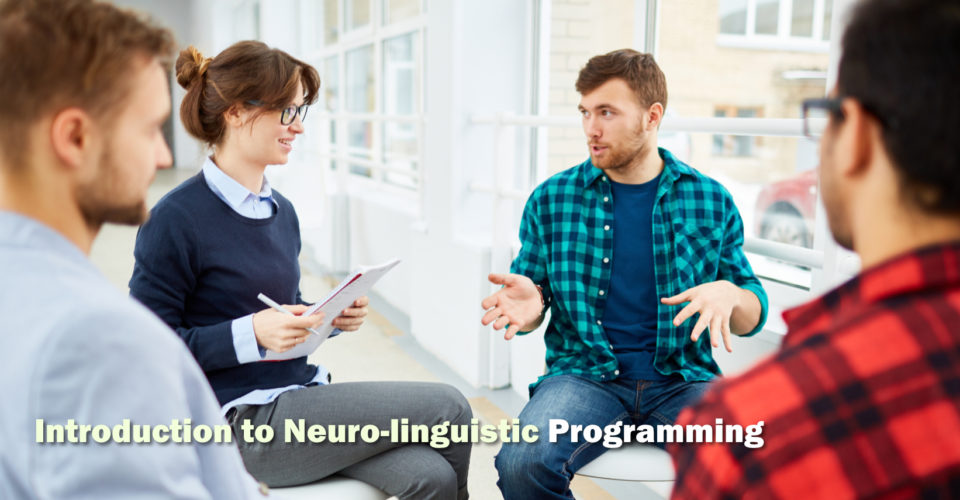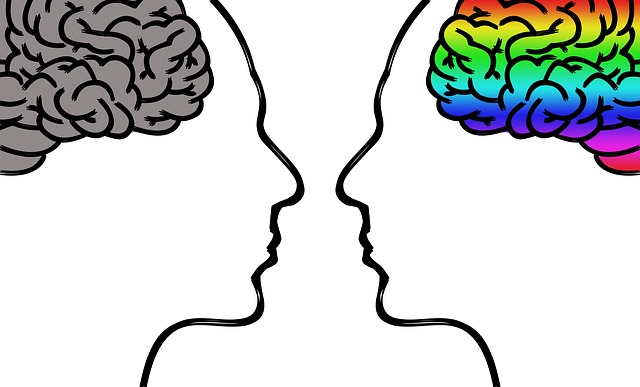- We help people develop life changing thoughts, feelings and behavior
- 609-689-3745
- 609-532-1220
The Philosophy And Ethics Of Neuro Linguistic Programming NLP
The Really Good Fun Cartoon Book of NLP: A Simple and Graphic Explanation of the Life Toolbox That Is NLP
April 13, 2010Mindworks: An Introduction to Nlp: the Secrets of Your Mind Revealed
April 20, 2010 Neuro Linguistic Programming NLP was developed by Richard Bandler and John Grinder from studying three leading therapists, Milton Erickson, Virginia Satir and Fritz Perls. Since then it has become a leading toll in business management, sales, education, training, personal coaching and sports as well as therapy and many other areas.
Neuro Linguistic Programming NLP was developed by Richard Bandler and John Grinder from studying three leading therapists, Milton Erickson, Virginia Satir and Fritz Perls. Since then it has become a leading toll in business management, sales, education, training, personal coaching and sports as well as therapy and many other areas.
NLP AS PHILOSOPHY
However NLP can also be viewed as a life philosophy. In particular, NLP can be used to help us decide how we should live our lives (i.e. ethics), the nature of reality (metaphysics) and the nature of knowledge (i.e. epistemology).
The remainder of this article discusses the philosophy of Neuro Linguistic Programming, focusing in particular on the NLP Presuppositions.
NLP PRESUPPOSITIONS
NLP can itself be viewed as an epistemology, in the sense that it has basic presuppositions upon which the rest of the discipline is built. The detailed presuppositions vary depending upon the teacher, author, or school of NLP with which one is dealing with, although most are common to all practitioners.
Common Neuro-linguistic Presuppositions include:
1. The map is not the territory.
2. Everyone lives in their own unique model of the world.
3. The positive worth of an individual is held constant; it is only behavior which may not be appropriate.
4. Every behavior has a positive intention.
It should be noted that the Presuppositions of NLP are not deemed to be true or false. They are considered to be useful in doing therapy or simply living our lives.
THE ETHICS OF NLP
You will note from the above presuppositions that NLP puts value on the individual, irrespective of the behavior that they may be engaged in at any particular time. This is a vital belief for a therapist who may be treating a disturbed individual, who engages in self destructive or otherwise negative behavior.
In fact, valuing the other as an individual is the basis of many ethical and religious systems.
In addition, not only does each individual have a constant positive worth, each behavior has a positive intention. So even when someone does something that could really annoy us, by believing that they have a positive intention we give ourselves permission to think the best and move on without experiencing anger. Someone cuts you off in traffic, you can get mad, or you can wonder what emergency they are going to, or what other issues they have in their life that make them behave in that way.
NLP teaches us that each individual has their own map or model of the world, which is unique to that individual. In NLP we are taught to respect those maps. So, when we meet another person, we can be respectfully curious about their map of the world, curious about their beliefs and values, curious about how they see things, and what they feel.
NLP actually goes further than this. It tells us that the map is not the territory. That our map is not reality. Not just other people's map, but our map as well. It tells us that we have no monopoly on being right, and in fact we are by definition wrong, at least to the extent that we think we're right!
CONCLUSION
As we study NLP and take the Presuppositions of NLP to heart, we will begin to respect other people and ourselves more. Knowing that each person has a unique map allows us the space to accept and even value the differences that exist.
We can also begin to accept our own weaknesses as we separate our behavior from our identity. This gives us the ability to look at our own weaknesses with empathy and know that we can change them without losing our self.
Shawn Carson is a Neurolinguistic Programming Master Practitioner and Trainer offering NLP and Hypnosis Training Courses in New York, including NLP Practitioner and Master Practitioner courses in New York. He is also a certified hypnotist and coach. www.nlptrainingnewyork.com Tel:212-714-3574 iphnewyork@aol.com




